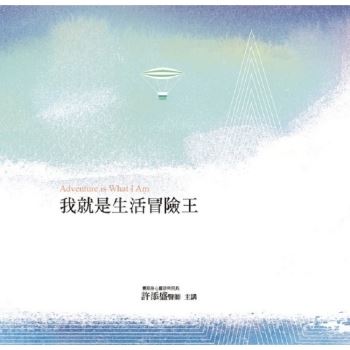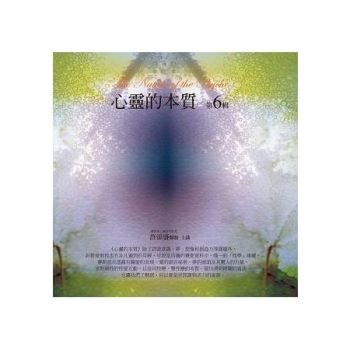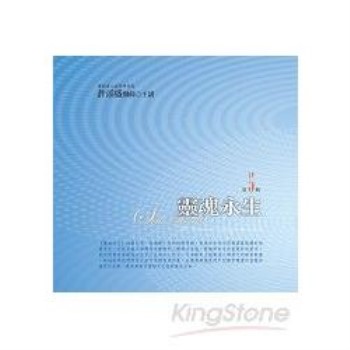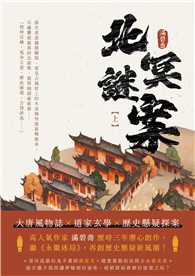This book explores the interwoven relationship between language, media, and society in post-Apartheid South Africa. The author examines selected case studies from the sociolinguistic landscape of South African television, analysing dominant language ideologies and illuminating the challenges, opportunities, and potential for transformation. He argues for the power of television in shaping language ideologies, fostering cultural understanding, and advocating for more inclusive and equitable language usage in the media. This book contributes to the field of sociolinguistics by emphasizing the complexity of multilingualism in South Africa and inviting ongoing exploration and dialogue in this landscape. It will be of interest to students and scholars of Sociolinguistics, Media Studies, African Culture and History, and Language Policy and Planning.
| FindBook |
有 1 項符合
The Sociolinguistics of South African Television: Language Ideologies in Selected Case Studies的圖書 |
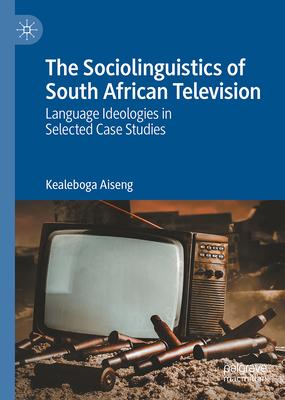 |
The Sociolinguistics of South African Television: Language Ideologies in Selected Case Studies 作者:Aiseng 出版社:Palgrave MacMillan 出版日期:2024-04-04 語言:英文 規格:精裝 / 普通級/ 初版 |
| 圖書館借閱 |
| 國家圖書館 | 全國圖書書目資訊網 | 國立公共資訊圖書館 | 電子書服務平台 | MetaCat 跨館整合查詢 |
| 臺北市立圖書館 | 新北市立圖書館 | 基隆市公共圖書館 | 桃園市立圖書館 | 新竹縣公共圖書館 |
| 苗栗縣立圖書館 | 臺中市立圖書館 | 彰化縣公共圖書館 | 南投縣文化局 | 雲林縣公共圖書館 |
| 嘉義縣圖書館 | 臺南市立圖書館 | 高雄市立圖書館 | 屏東縣公共圖書館 | 宜蘭縣公共圖書館 |
| 花蓮縣文化局 | 臺東縣文化處 |
|
|
圖書介紹 - 資料來源:博客來 評分:
圖書名稱:The Sociolinguistics of South African Television: Language Ideologies in Selected Case Studies
內容簡介
作者簡介
Kealeboga Aiseng is a Senior Lecturer in the Journalism and Media Studies department at Rhodes University, Makhanda, South Africa. He holds a PhD in African Languages and Linguistics from the University of the Witwatersrand, South Africa. His research interests are sociolinguistics, language policy, African popular culture, new media, and film studies, and he has published articles in local and international journals.
|
